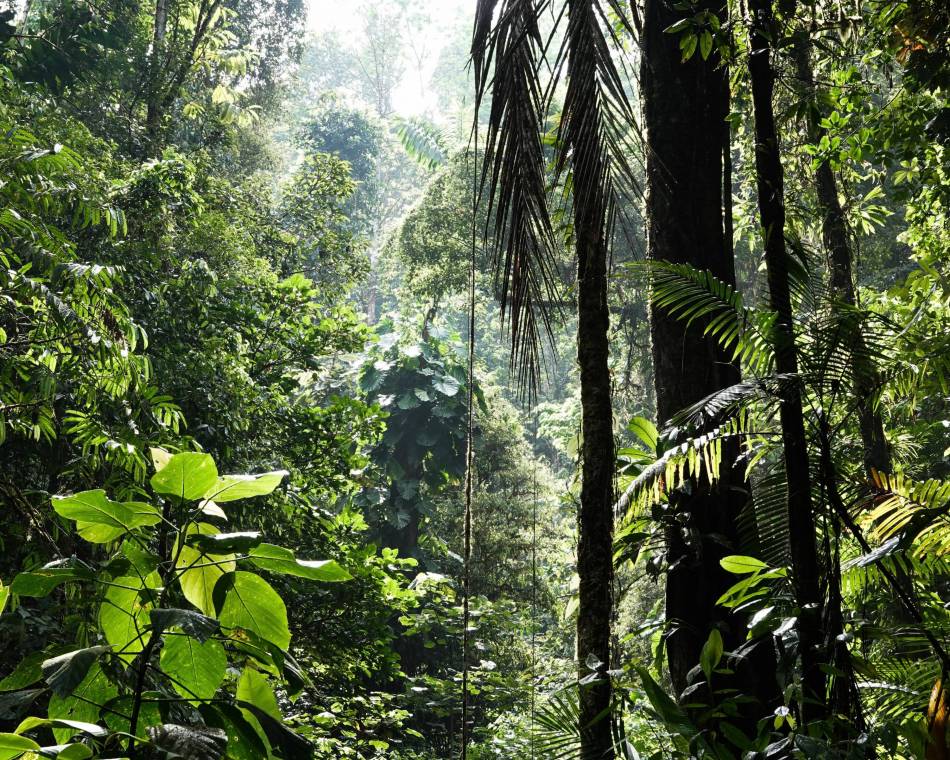The planet's massive losses of species and rising temperatures are unprecedented problems driven by human activities that must be tackled together, two of the world's leading scientific intergovernmental organizations said in a report on Thursday about their first collaboration.
Most policies on biodiversity — the variety of life in all forms — and climate change were crafted independently of one another but shouldn't be, according to the report published by 50 of the world's top biodiversity and climate experts.







